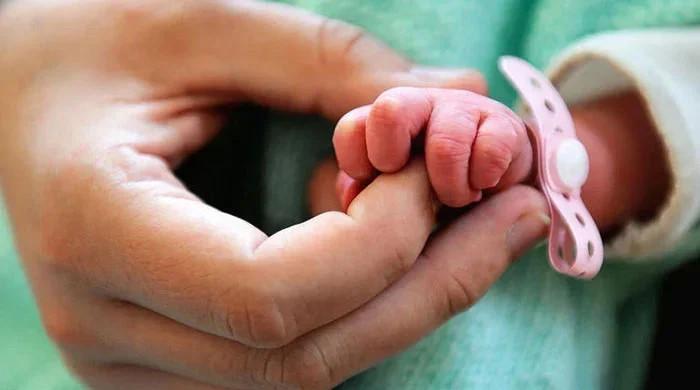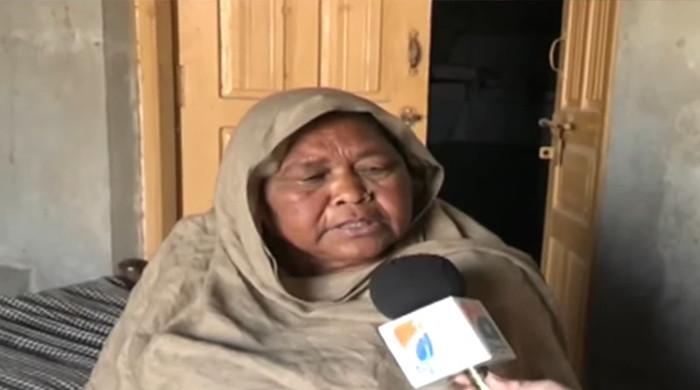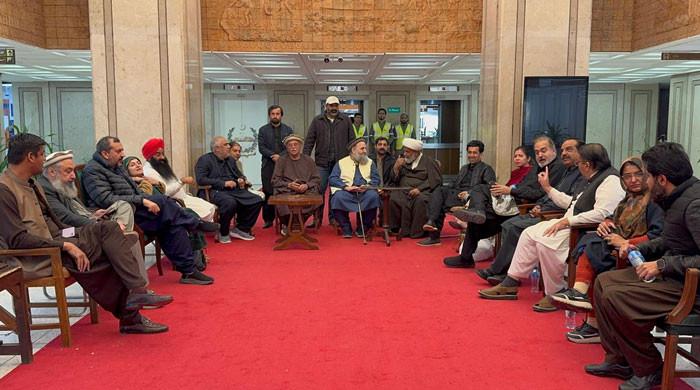US lawmakers praise Punjab's brick kiln reforms
Congressional caucus commends Punjab’s efforts to modernise kilns, boosting investment appeal
November 20, 2025

- Letter hails Punjab’s anti-bonded labour initiative.
- US caucus highlights benefits for investment.
- Lawmakers reaffirm support for ongoing reforms.
The Congressional Pakistan Caucus has lauded the Punjab government’s efforts to modernise the province’s brick kiln industry as part of a wider push to eliminate bonded labour, calling the initiative both transformative and economically significant.
“...we extend our sincere appreciation for your government’s visionary efforts to moderni[s]e Punjab’s brick kiln industry as a means to address environmental challenges and eliminate bonded labo[u]r,” wrote Congressmen Thomas Suozzi and Jack Bergman in a letter addressed to Punjab Chief Minister Maryam Nawaz Sharif.
Citing the US State Department’s 2022 Trafficking in Persons Report, the lawmakers noted that more than 4.5 million people in Pakistan remain trapped in the peshgi system, an entrenched bonded-labour practice.
They said the briefings they received highlighted the provincial administration’s “strong commitment to this transformative initiative”.
The letter emphasised that mechanising and modernising the brick kiln sector would help Pakistan meet international obligations while making Punjab “a more attractive destination for foreign direct investment”, particularly from American businesses seeking ethical and sustainable partnerships.
“These reforms will enhance bilateral economic relations and strengthen the overall Pakistan-US partnership,” the caucus wrote, adding that Punjab is well placed to serve as a pilot province for the initiative.
The lawmakers reaffirmed their support, stating: “The Pakistan Caucus wholeheartedly supports all efforts to end bonded labo[u]r,” and encouraged the provincial leadership to reach out for assistance whenever needed.











